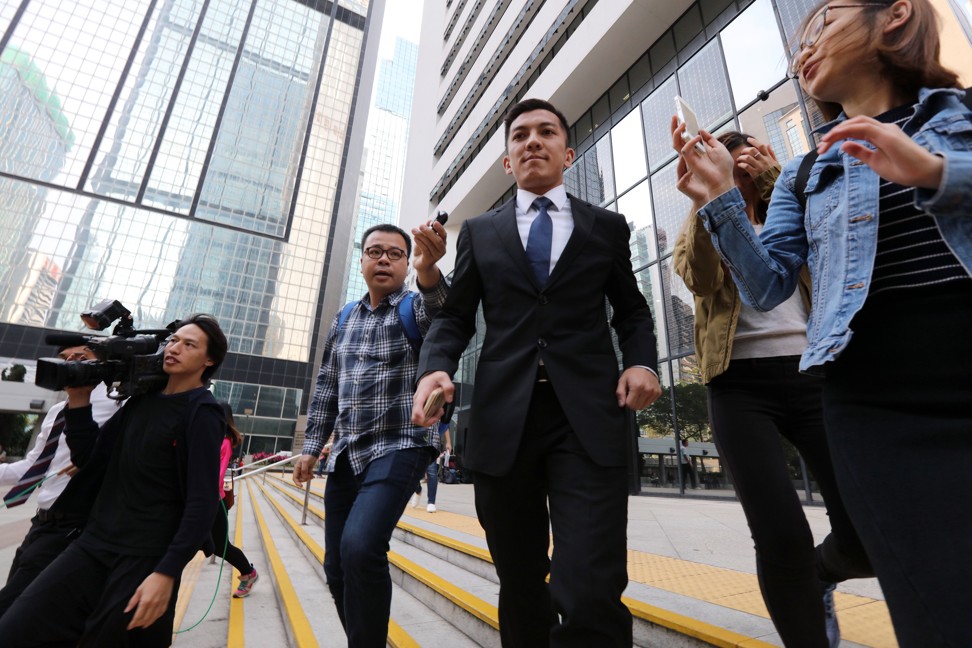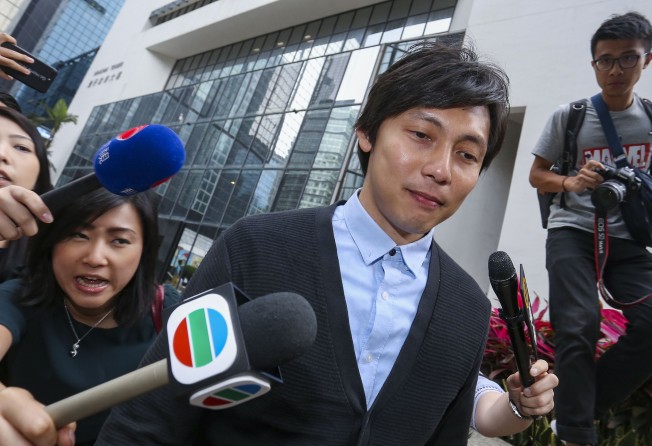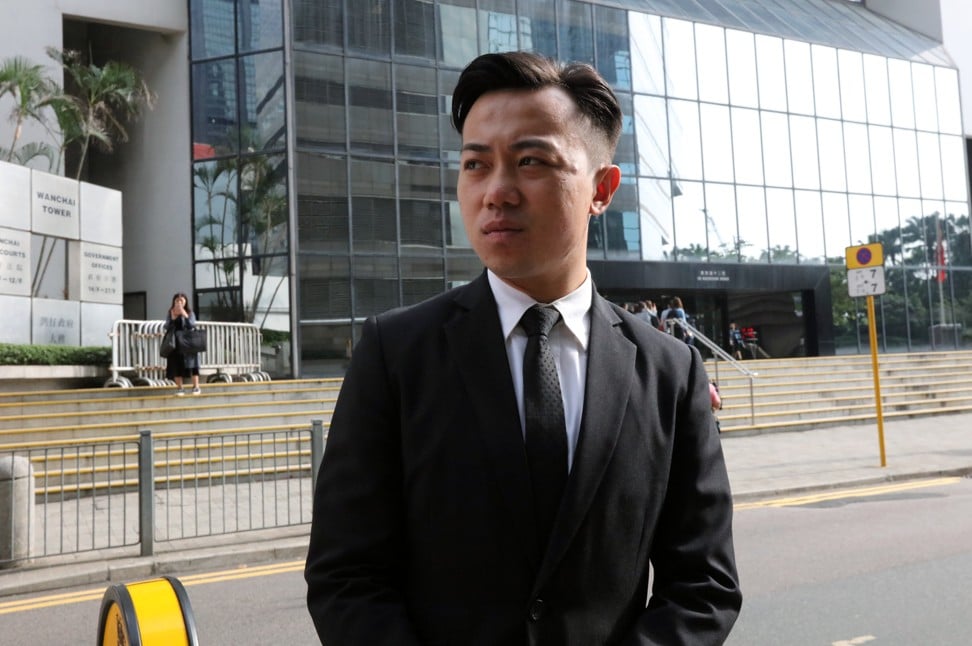
Match-fixing a blight on Hong Kong football that must be eradicated
Match-fixing seriously tarnishes the reputation of football in the city, driving away much-needed sponsorship and support. There is a need to stamp it out, so that the sport in Hong Kong can grow and prosper

The latest match-fixing scandal to hit Hong Kong football ended last week with a former player-of-the-year sentenced to community service. The case shone a spotlight on this blight on the local game, an ongoing problem which, sadly, has troubled the sport for years.
Lee Wai-lim, once a local football hero, was a coach with Hong Kong Pegasus Football Club at the time of the offences in 2016. The facts of the case make sorry reading. The sums of money involved were small. Lee received only HK$20,000 in return for attempting to fix two Reserve Division games.
He had to return half the money, after failing to get the required result in one of the matches. Four players arrested for involvement were acquitted by the court. But Lee’s reputation and future in the sport has been shattered.

It would be bad enough if this was an isolated case. But there have been similar scandals in the past. Last month, Hong Kong Football Association chief executive Mark Sutcliffe warned that a significant percentage of games are being fixed.
He branded match-fixing “an insidious cancer” and warned of a vicious cycle threatening the sport.
Match-fixing seriously tarnishes the reputation of local football. It drives away much-needed sponsorship and support. There is a need to stamp it out, so that the sport in Hong Kong can grow and prosper.
Steps have been taken to educate players and to guard against such corruption. There are compulsory and comprehensive briefings for the city’s footballers at the start of every season, warning them of the dangers of match-fixing and advising them how to deal with illegal approaches.
Professional matches are carefully monitored. But the threat remains. At the root of the problem lies the underground gambling syndicates, which make vast sums through illicit gambling on matches.

Sutcliffe has suggested that legal football betting, run by the Jockey Club, should be extended to local matches. While concerns exist about the social problems gambling can cause, such a step should be considered.
Gambling on local matches happens anyway, as the match-fixing case shows. But it is unregulated and the profits benefit criminals, rather than being channelled back into the sport. Legalising gambling on local matches could create more interest in the game here and provide additional funding.
Hong Kong has a strong appetite for football, as will be shown when the World Cup is staged in Russia next month. Fans in the city will have their eyes glued to their screens. But there is no substitute for attending live matches.
There is a good atmosphere for the more important local games and much potential. The sport can only be developed if the community has confidence in its integrity. Every effort must be made to ensure last week’s match-fixing case is the last.